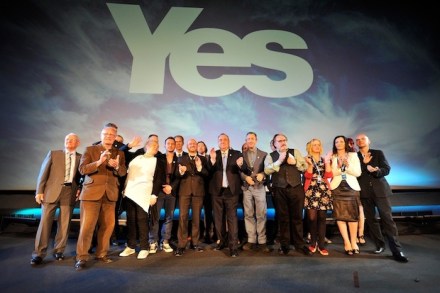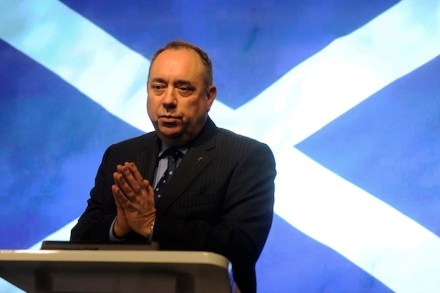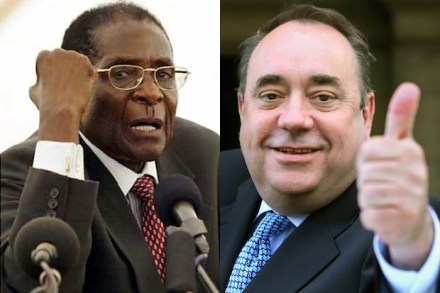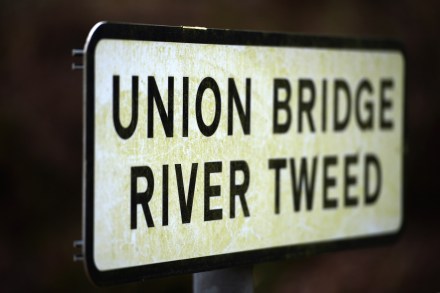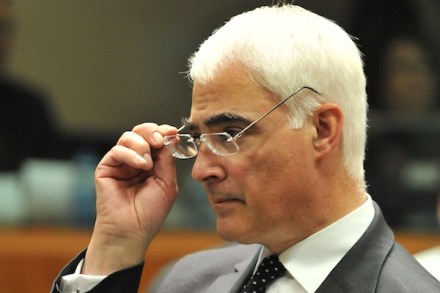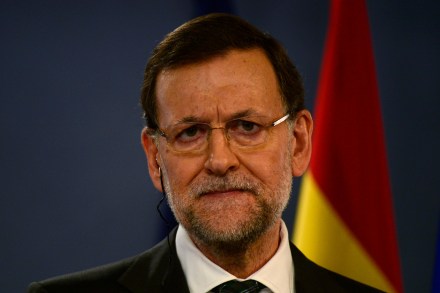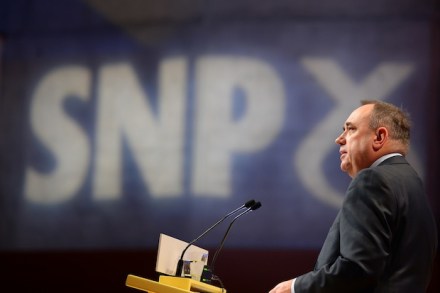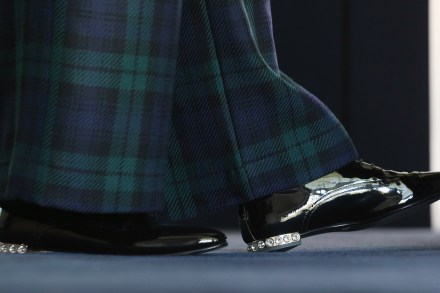Alex Salmond writes a cheque – in pounds sterling – he cannot honour
As I type this, Alex Salmond and Mark Carney are chowing over porridge at Bute House, the First Minister’s official residence in Edinburgh. There is always the risk of exaggerating the importance of these things but this morning’s meeting with the Governor of the Bank of England may be the most important encounter Alex Salmond has this year. The question is simple: will an independent Scotland be able to forge a currency union with the rump United Kingdom? The answers, for all the First Minister’s bland assurances that such a union is in everyone’s interests, are not so simple. Like poker players, politicians often have a “tell”. When Salmond offers




